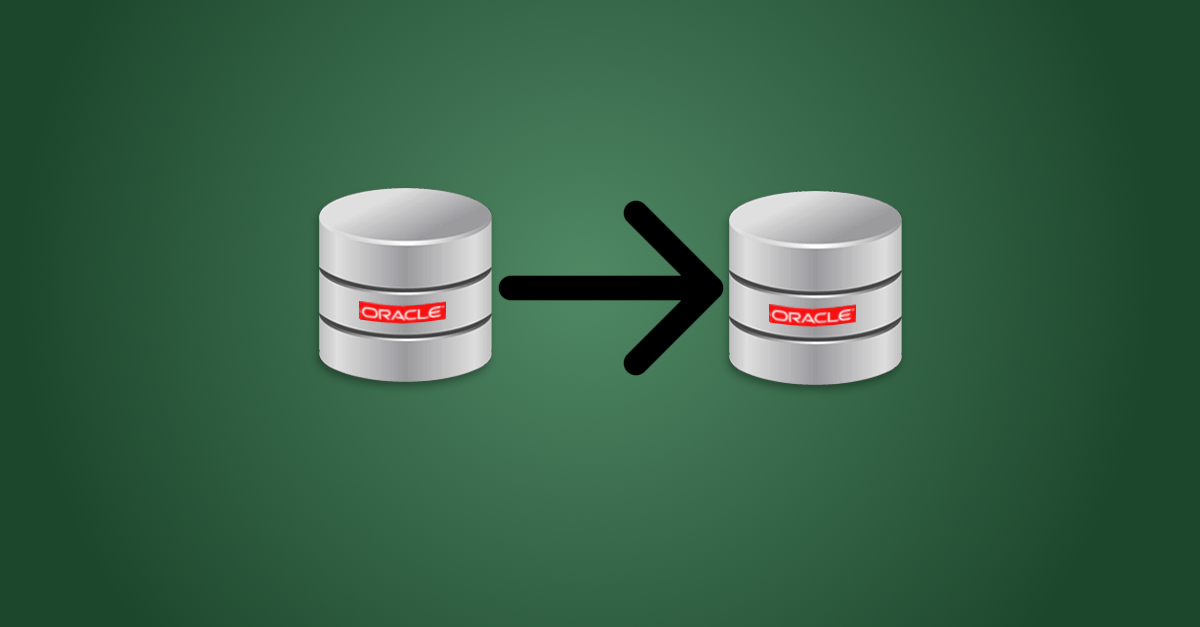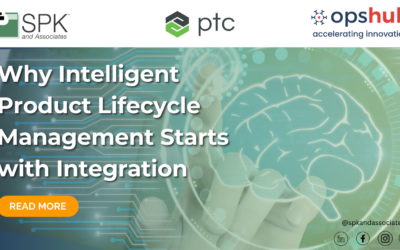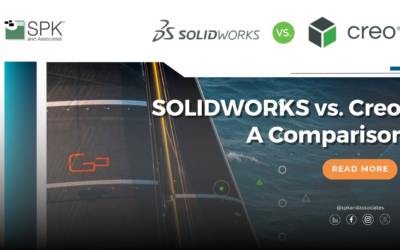As a systems integrator, I spend my time behind a variety of applications every day. Each of these applications stores its data in some type of database. The most common databases I deal with are typically MySQL, Oracle, DB2, Postgres, and MS SQL Server.
As such, I’m going to admit that I don’t have the mental bandwidth or the willingness to master each and every one. Each database has its own way of doing the same tasks, and learning each nuance is almost impossible unless you’re a fulltime DBA.
The most common task a DBA has to deal with is database cloning. In this article, I’m going to discuss the various ways to clone an Oracle database. I chose to focus on Oracle because sometimes it’s not clear what the different methods are, and when one ought to be used over another.
Keep reading my how-to document to find out more about cloning an Oracle database!






